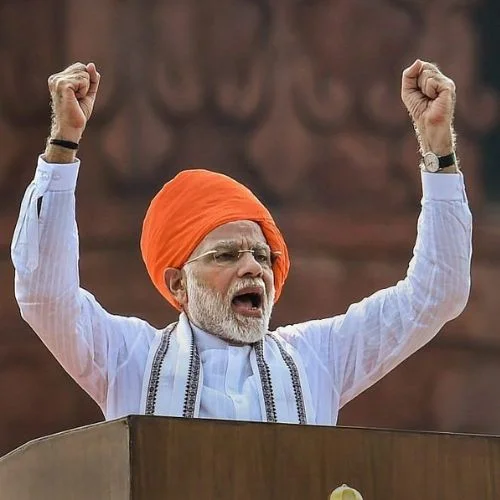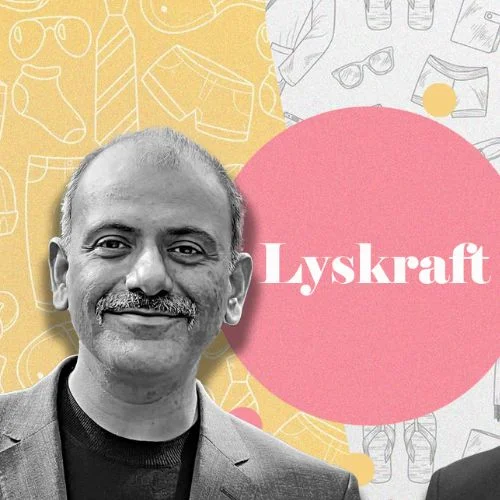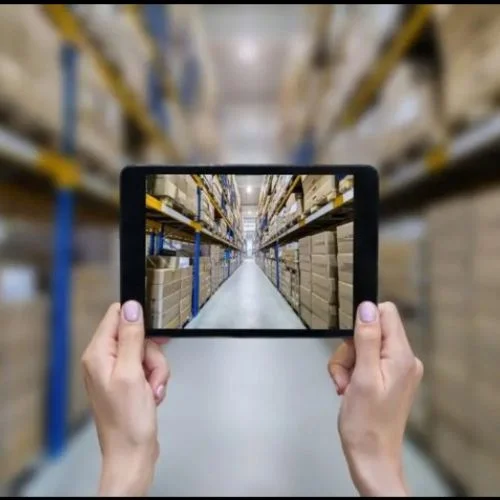The Indian government has asked its industries to prepare for the Carbon Border Adjustment Mechanism (CBAM) that the European Union (EU) is set to impose on imports of goods with carbon emissions higher than the established limit. According to a report by The Financial Express, the Centre will also seek to exempt some sectors of the industry from the carbon tax. However, the government considers the tax as a trade issue rather than an environmental one and has voiced opposition to it at the World Trade Organisation.
The CBAM will be imposed on seven carbon-intensive products including iron, steel, aluminum, cement, electricity, hydrogen, and fertilizers. The tax aims to impose a tax on goods imported into the EU from regions with higher production-stage carbon emissions than allowed by the mechanism’s rules. The tax will be calculated based on all emissions, including indirect ones such as carbon released during electricity production.
Carbon Border Adjustment Mechanism’s Transitional Phase and Impact on Indian Exports
The CBAM cleared all hurdles in April 2021 and will be in effect from January 1, 2026. The mechanism will move into the transitional phase beginning on October 1, 2023. During this phase, importers of the seven products subject to this tax will only need to report the greenhouse gas emissions already present in their imports, and no payments or adjustments will need to be made.
The Indian official warned that the CBAM will have a significant impact on India’s exports to the EU, with a tax impact ranging from 20 to 35%. To reduce the burden on the industry, the government will push the EU for mutual recognition of emission certifications and acceptance of its Carbon Credit Trading Scheme (CCTS) developed by the Ministry of Power. The approval of India’s CCTS will use the price of credits on the Indian carbon exchange instead of the EU Emissions Trading System to calculate the tax payment for emissions exceeding the threshold.
Efforts to Prevent Harm to Indian Industry
India is addressing the CBAM issue at both the bilateral and multilateral levels to prevent harm to its industry. Bilaterally, it is asking the EU to have a mutual recognition agreement and to make an exception for Micro, Small, and Medium Enterprises (MSMEs) when the carbon tax on products goes into effect.
The UK, which is not a member of the EU, is working on a CBAM-like mechanism on its own and suggests adhering to the timelines set forth by the EU for the implementation of its carbon tax.
Conclusion
India is preparing for the EU’s Carbon Border Adjustment Mechanism, which aims to impose a tax on goods imported into the EU from regions with higher production-stage carbon emissions. The Indian government is working to reduce the burden on its industries by seeking mutual recognition of emission certifications and acceptance of its CCTS. Bilaterally, India is asking the EU to make an exception for MSMEs when the carbon tax on products goes into effect.















